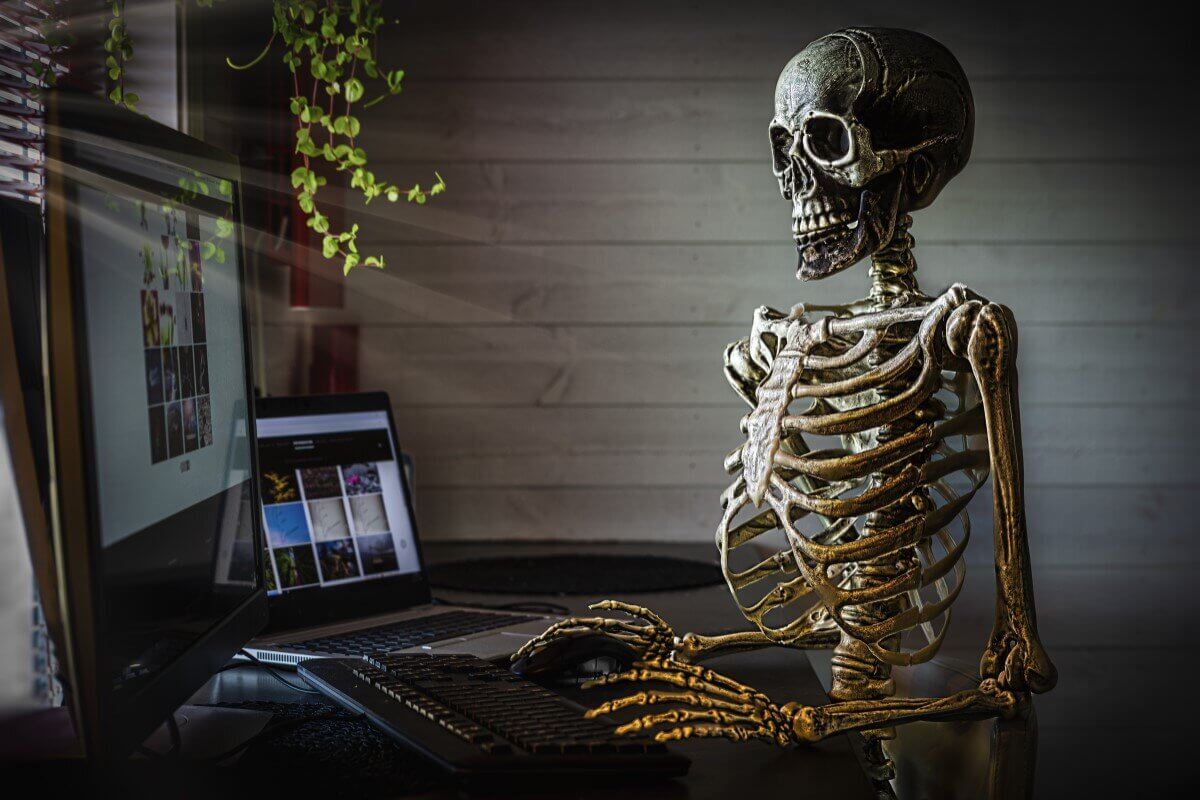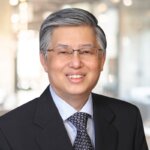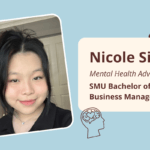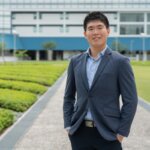By the SMU Digital Marketing Team
Before the pandemic, the idea of working from home sounded like a dream: No more commutes plus the ability to take calls in bed and enjoy a home-cooked lunch came across as idyllic luxuries for cubicle dwellers. However, instead of upping productivity, remote work arrangements have caused us to work longer hours without pausing for a break, with an average increase of 2.5 hours to each workday.
And although the World Health Organisation (WHO) has highlighted how working long hours has led to hundreds of thousands of deaths a year, remote work has blurred the boundaries between office hours and downtime, causing higher risks of burn-outs by workers around the world. That’s not all. Based on this recent report, Singaporeans have also been found to be the most fatigued in the world, ahead of countries like China and Japan which have been known as traditional breeding grounds for workaholics.
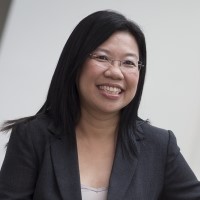
Associate Professor Tan Hwee Hoon, SMU Lee Kong Chian School of Business
“It is not a surprise,” remarks Tan Hwee Hoon, Associate Professor of Organisational Behaviour & Human Resources, SMU Lee Kong Chian School of Business.
“In one of the large scale culture studies, Singapore is ranked second highest in performance orientation, which ‘relates to the extent to which leaders set ambitious goals, communicate high expectations for their subordinates, build their subordinates’ self-confidence, and intellectually challenge them’. Given that, it is not surprising that we work hard to achieve levels of performance over and above what is required.”
Hwee Hoon shares insights on why we are so overworked and sleep-deprived, and how society could address these issues to nurture healthier, more productive workers.
The Covid effect on work-life balance
As anyone who has juggled laundry duty, back-to-back Zoom meetings and countless e-mails knows, Covid has certainly affected our work-life balance. While it might seem that remote work would offer greater leeway in how employees manage their time and more opportunities to interact with one’s family, it has also introduced a multitude of distractions that disrupt efficiency and productivity.
“On the positive side, it gives folks the flexibility to run an errand or exercise during official work hours and then make up for it in the evenings,” says Hwee Hoon.
“For folks without childcare responsibilities, it has been a bonus. However, on the other hand, folks with childcare responsibilities have been more stressed given that one does not only have to cope with one’s work but the supervision of home-based learning of young kids. Thus, there are positives and negatives. How it affects people depends on their life stage and their responsibilities.”
In addition, Hwee Hoon notes that in the early days of Covid, Singaporeans may have worked harder to compensate for not being in the office given that there might be trust issues from supervisors at the onset of remote working arrangements. The economic uncertainty has also affected job security, with 90 per cent of workers surveyed in a 2020 UOB Asean Consumer Sentiment Study putting in longer hours to avoid losing their jobs.
To sleep, perchance to work better
Sleep, being the final activity of the day for most people, tends to take a back seat when one has an ever-growing to-do list. However, sacrificing sleep to do more work has a counterproductive effect on one’s professional performance, says Hwee Hoon, who states that the lower the quality of sleep, the lower the performance.
“In addition, there is a lot of research on the impact of sleep on health outcomes,” she says.
“The question to ask, perhaps, is whether long hours of work translate to poorer sleep quality, and other than sleep and work, what other areas do people spend time on? That may be more interesting as it is also unclear what a healthy work schedule is.”
She adds that the typical nine-to-five hours no longer apply to Generation Z, especially with the prevalence of work-from-home arrangements. Due to the pushback from Gen Z, and millennials before them, employers are increasingly prioritising not just shareholders but the well-being of employees as well. Some companies are beginning to introduce initiatives that promote work-life harmony such as staggered working hours, suspended performance reviews and mental wellness programmes. However, other organisations are still operating in a “business-as-usual” mode, or even subjecting employees to heavier workloads due to headcount freezes or restructuring exercises.
“It tells us that there is little trust in the organisation and perhaps some folks feel that there is a need to work harder to compensate for the non-face time,” explains Hwee Hoon.
“Or perhaps it is a culture where bosses have expectations that the individual is not able to fulfil, which indeed reflects a lot on our society.”
“Or perhaps it is a culture where bosses have expectations that the individual is not able to fulfil, which indeed reflects a lot on our society.”
Instead, Hwee Hoon suggests for workers to be provided with a balance of autonomy and accountability in terms of how they get complete their workload at a supervisory level, to allow them to feel trusted.
“At the societal level, less stress in terms of competition may be helpful,” observes Hwee Hoon.
“In a super-charged Singapore society, even kids at 12 years of age are super-stressed about their PSLE. This becomes a self-reinforcing cycle whereby one carries this mental model and mindset to the workplace. At the individual level, one has to decide how one wants to engage at the workplace and create clear boundaries for one’s well-being.”

